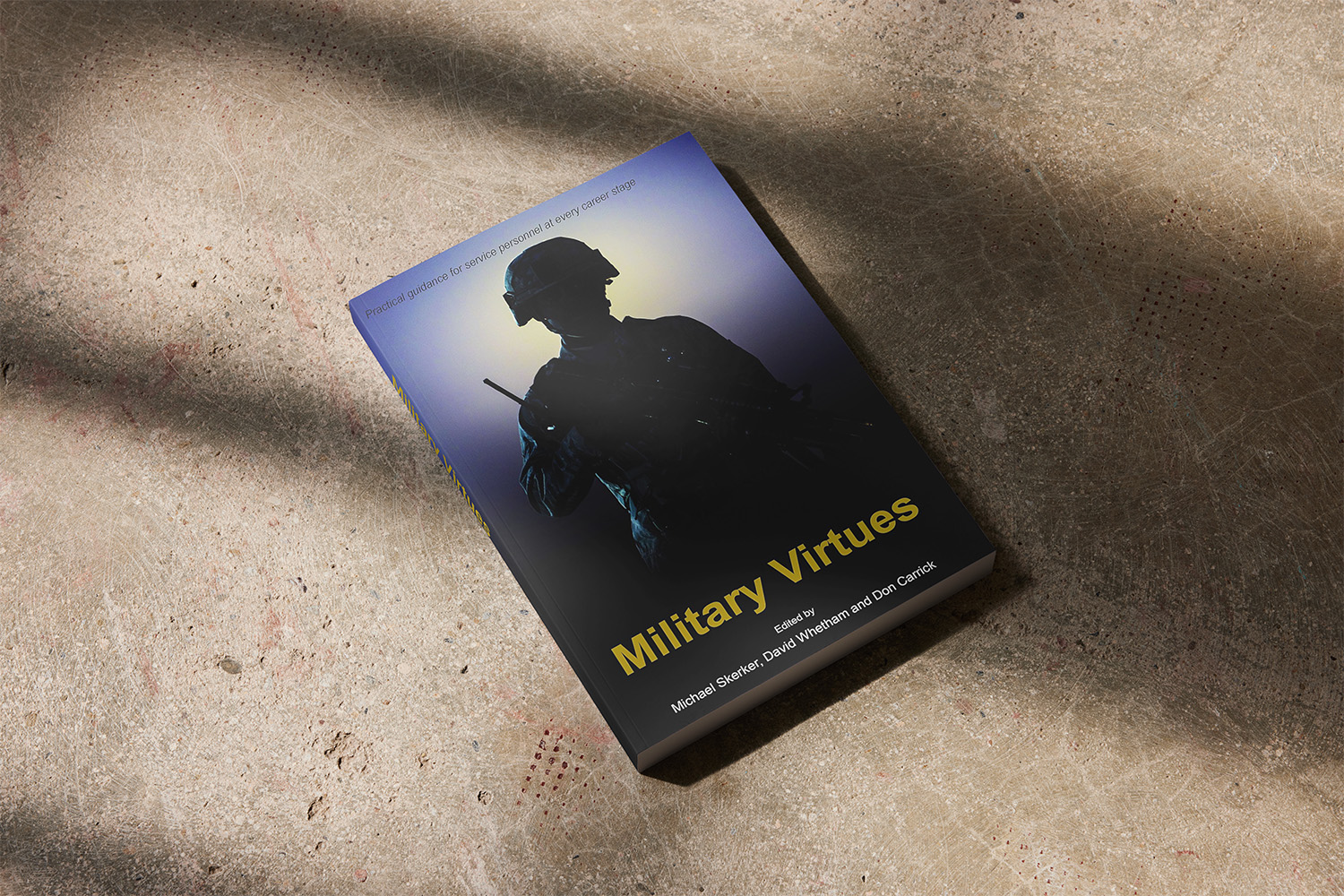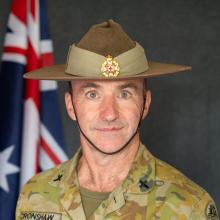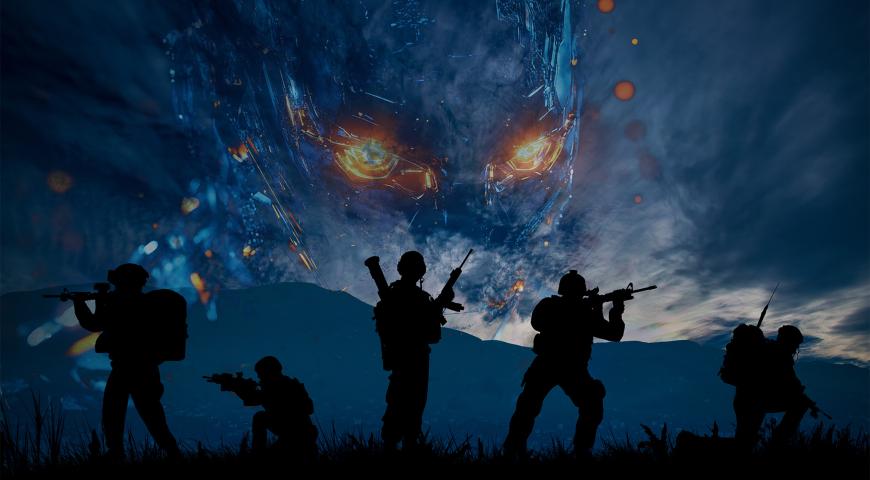Today’s soldiers navigate complex ethical dilemmas. They face new threats and often carry unprecedented potential for destructive power. An unfortunate series of ethical failures in recent conflicts, by members of Western military forces has raised the need for improved military ethics training. As military commanders scramble to correct such failings, so too is the need to identify what moral resources are required for soldiers to choose; right over wrong, justice over injustice, virtue over non-virtuous. Ethical decision making can only be sustained through the formation of good character, which built upon the right type of virtues, will guide, maintain and equip a soldier to act justly no matter what the situation or circumstance. Having soldiers of good character, able to act morally and ethically require an organization which fosters and supports a culture underpinned by virtue development and practice. Military Virtues provides welcome insights into the failures and successes of those entrusted with military leadership and a guiding light to rediscover for our times, the right application of virtues to counter the bad and enact the good.
Michael Skerker from the US Naval Academy, and David Whethem and Don Carrick from Kings College London have invited together 38 contributors, both experienced military leaders and military ethicists from Australia, Canada, France, Netherlands, UK and USA. The collective work discusses the essence of 14 virtues, with case studies of each and how to express the same in military life: justice, obedience, loyalty, courage, wisdom, honesty, integrity, perseverance, temperance, patience, humility, compassion, discipline and professionalism.
Reflecting on these virtues seeks to help military personnel of all ranks and at any stage of career to navigate difficult decisions, temptations and stresses. A strength of the book is that the virtues are applied with real world examples. For example, the story of a Reaper team member who was the only observer to notice a child on the back of a targeted motorbike, underlining the importance of patience. Or the account of a navy ship involved in rescuing boat people (or not) illustrated the need among other things, for capable defence linguists as translators. Virtues affirmed were not limited to in the field but are highlighted within strategic development, such as the perseverance shown by COL John Boyd in appealing for more manoeuver warfare doctrine and agile equipment. The book though not capturing all events, does provide a source of reflection on both good and bad actions. Taking ADF operations as an example, RAAF pilots in both the 2003 invasion of Iraq and 2014 action against Islamic State showed great courage and discipline in pulling out of air strikes due to concerns over collateral damage. Equally so the F-111 de-seal/reseal program in which the irreparable health problems for thousands of RAAF staff could have been prevented had leadership at all ranks applied strong virtue ethics.
Of particular note is the contribution by Michael Robillard reflecting on his experience as an Iraq War junior officer. A mentor had told him ‘as an officer, you can only really fall on your sword once, so make sure that when you do, it’s for a big enough reason’ (p.177). Unfortunately, this high-sounding advice does not alert military personnel to beware of subtle, creeping and concerning behaviour. It is not just infamous events such as My Lai or the Rwandan genocide that call for moral courage, but individual attitudes, lack of discipline, subtle discrimination or (as he witnessed in Iraq) a creepy trigger-happiness. Robillard appeals for military leaders to take the lead on changing attitudes, climate and culture in ethically upright directions, both within the subtle and mundane as well as blatant acts of unrestrained evil.
Having placed much emphasis on virtue ethics, the editors could have better equipped the reader by providing a more detailed account of its Aristotelian foundations. It is argued on a few pages (or assumed throughout) that character-based virtue ethics is foundational for military ethics. Indeed, MacIntyre argues that the Enlightenment-based moral discourse has failed to meet the challenges of modern life and a revival of virtue ethics is what is required. However, such a statement cannot be simply presumed, it needs further exploration. Allowing that a military culture often presents new-to-service soldiers with rules and regulations at the forefront of expectations, and military units that espouse a utilitarian and/or realist approach to battlefield ethics, the challenge is to ensure that the individual is still allowed to develop free thought which matures towards what is right and good.
Having taken on a huge breadth of issues; just war, strategic dissent, combat stress, dehumanization of adversaries, technological advances, unit inspections, distance warfare and drones, special operations, human enhancement, gender equity, moral injury, anti-terrorism, detention, peacekeeping, humanitarian missions and the role of chaplains, Military Virtues provides in time relevance to military personnel and especially those responsible for ethical and leadership instruction.
This review was originally published in the Australian Army Chaplaincy Journal (2019)
Defence Mastery
Social Mastery
Book Review: Military Virtues © 2022 by . This work is licensed under CC BY-NC-ND![]()
![]()
![]()
![]()
Please let us know if you have discovered an issue with the content on this page.
Comments
Start the conversation by sharing your thoughts! Please login to comment. If you don't yet have an account registration is quick and easy.





